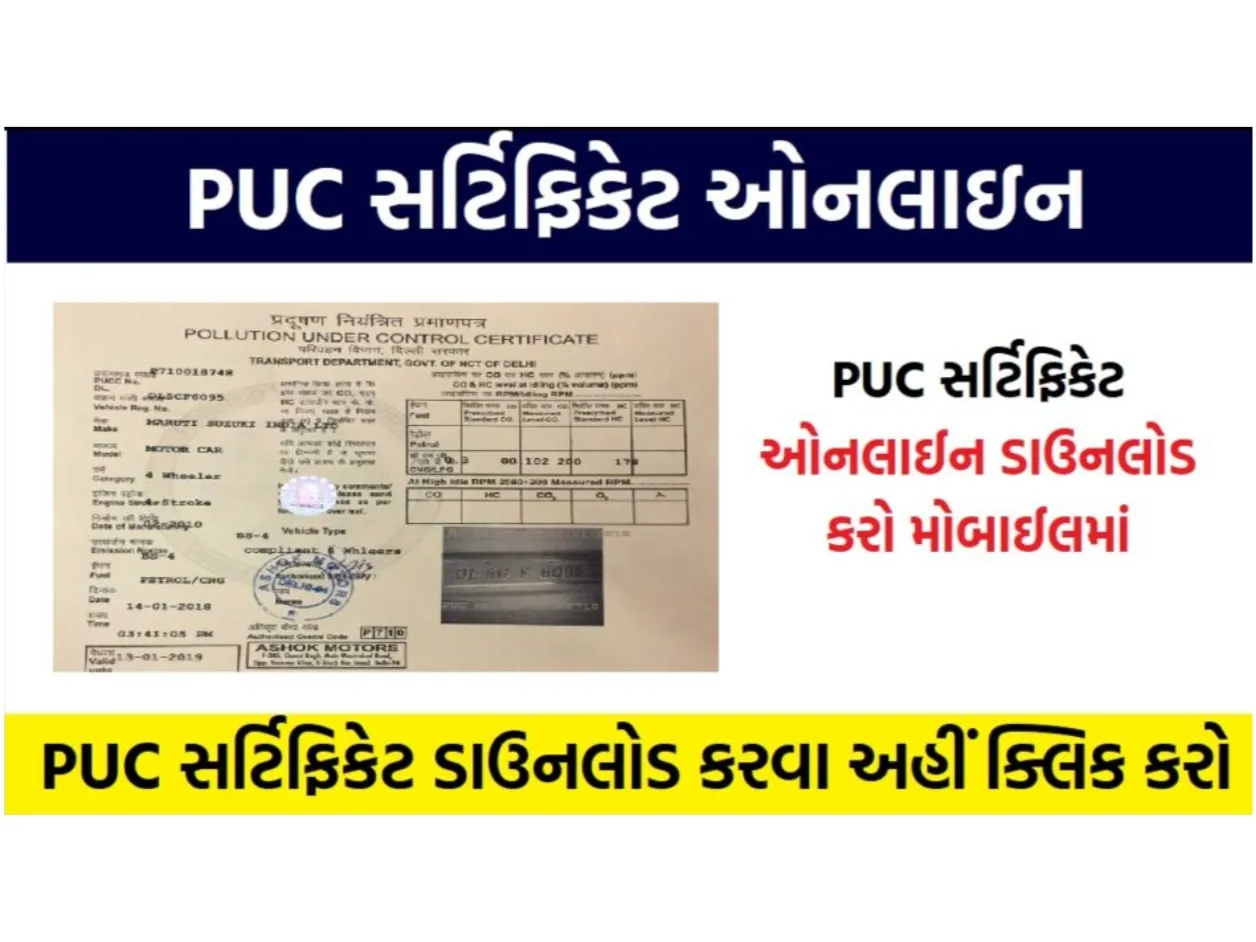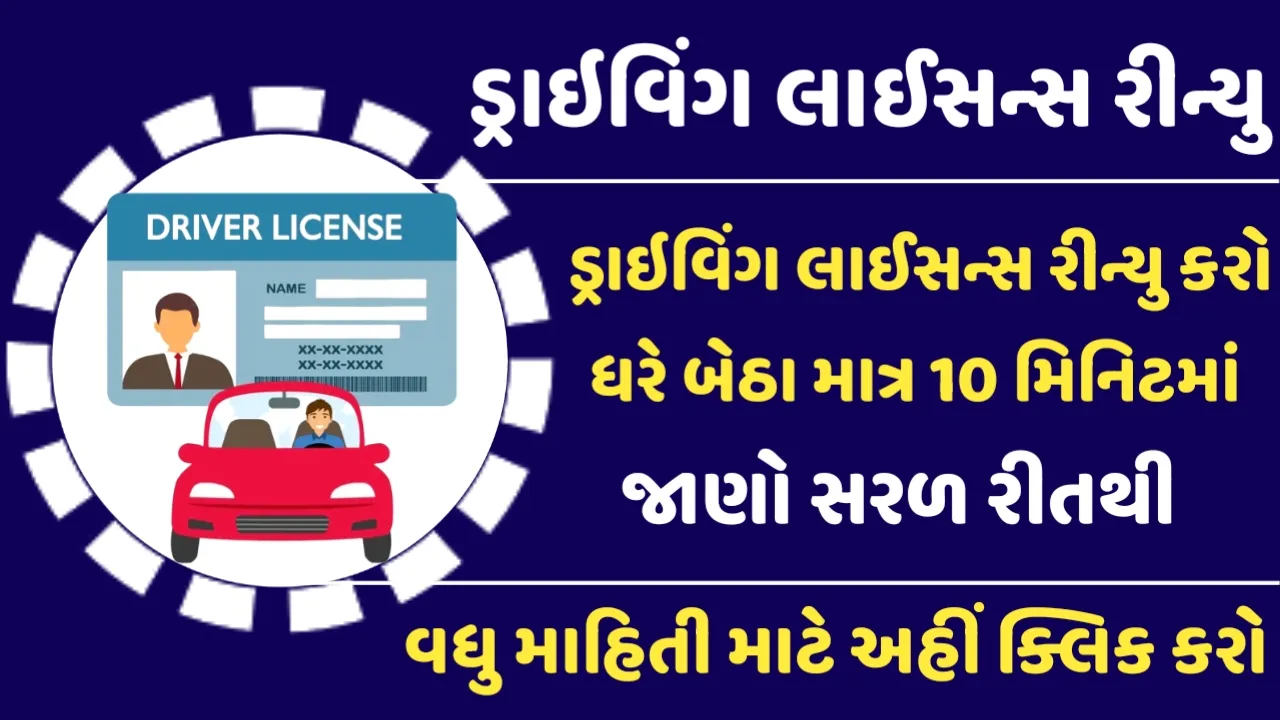Many dog owners face the same problem: their dog is not finishing its food. This can be worrying. A dog that eats well is usually healthy. If your dog is not eating, there could be many reasons. Let’s look at some common causes.
Why Is My Dog Not Finishing His Food?
Changes in Diet
If you recently changed your dog’s food, it might not like the new taste or texture. Dogs can be picky eaters. They might prefer the old brand or flavor. Try mixing the old and new food together. Gradually increase the amount of new food. This can help your dog get used to the change.
Health Issues
Health problems can affect your dog’s appetite. If your dog has dental issues, it might find it painful to eat. Look for signs like bad breath, drooling, or pawing at the mouth. An upset stomach can also make your dog avoid food. Watch for vomiting, diarrhea, or lethargy. If you notice these signs, take your dog to the vet. A professional can diagnose and treat any underlying issues.
Stress and Anxiety
Dogs can feel stressed or anxious. Changes in the home environment can cause this. Moving to a new house, a new pet, or even new furniture can make your dog uneasy. Loud noises like thunderstorms or fireworks can also cause stress. Provide a calm and safe space for your dog. This can help reduce anxiety.
Age and Activity Level
Older dogs and less active dogs may eat less. As dogs age, their metabolism slows down. They need fewer calories. Make sure you are feeding your dog the right amount for its age and activity level. Consult your vet for advice on proper portions.
Spoiled Food
Check the expiration date on your dog’s food. Spoiled or stale food can make your dog avoid eating. Store food in a cool, dry place. Use airtight containers to keep it fresh. Always provide clean, fresh water alongside food.
Behavioral Issues
Some dogs develop bad habits. If you give your dog too many treats, it might prefer them over regular food. Stick to a feeding schedule. Avoid giving table scraps. This can help your dog focus on its meals.
Boredom with Food
Dogs can get bored with eating the same food every day. Try adding variety to their meals. Mix in some cooked vegetables or a small amount of wet food. This can make meals more exciting.
Feeding Environment
The place where your dog eats can affect its appetite. Make sure the feeding area is quiet and free from distractions. Other pets or loud noises can make your dog anxious. Create a calm environment for feeding times.
Illness or Medication
Some illnesses or medications can reduce a dog’s appetite. If your dog is on medication, consult your vet about side effects. They can suggest ways to manage any appetite changes.
Attention-Seeking Behavior
Dogs may refuse to eat to get attention. If you give in and offer treats or different food, they learn this behavior works. Be patient and consistent. Put the food down for 15-20 minutes. If your dog does not eat, take it away and try again later.


